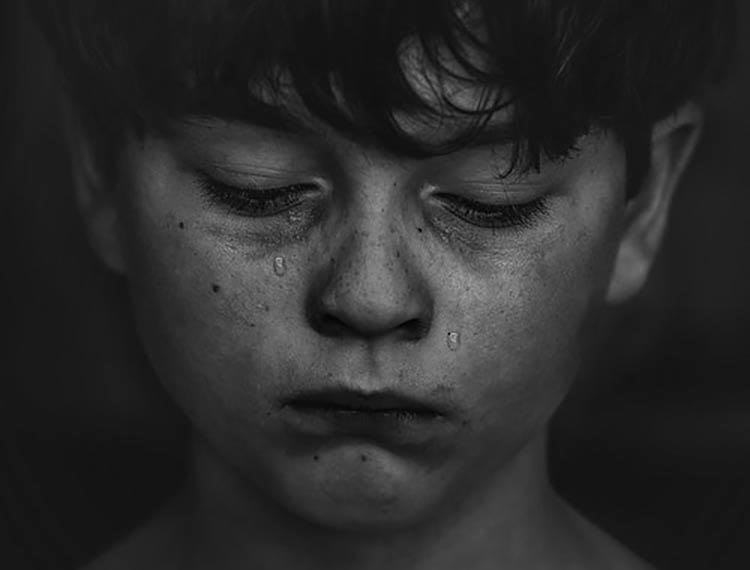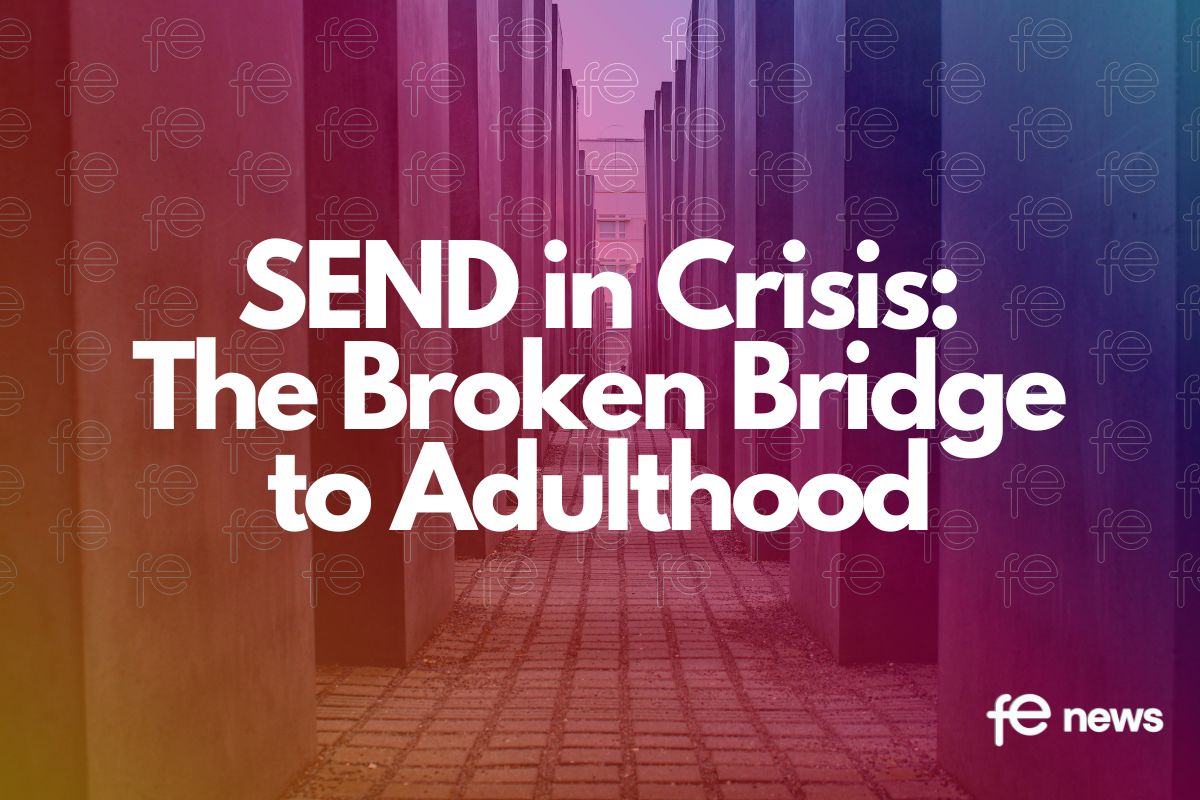Government’s ‘lost learning’ catchup plan not enough to close attainment gap say 71 per cent of teachers

Mental health support for the most vulnerable pupils must be prioritised to close growing attainment gap in schools, says IPPR
New polling by Teacher Tapp for the Institute for Public Policy Research (IPPR) think tank finds that 71 per cent of teachers believe they will be unable to close the attainment gap without additional support for pupils who have experienced bereavement, mental ill-health or abuse at home as a result of the Covid-19 schools lockdown.
The school lockdown means pupils will have experienced significant lost learning, with vulnerable and poorer students particularly impacted, warns IPPR in a new report.
The government have put in place a £1 billion ‘Covid catch up plan’ to provide extra tuition for struggling pupils. However, this extra tuition does not help address what IPPR calls the ’vulnerability gap’. Lying behind the country’s long-term attainment gap between wealthier and poorer children is a wider set of inequalities and harms outside of the classroom, such as poor mental health, neglect and domestic abuse, which can form major barriers to learning.
IPPR warns that school closures during the pandemic are likely to have made the situation for vulnerable learners worse. Emerging data suggests that domestic abuse and mental ill-health has increased significantly during the pandemic.
Making the vulnerable visible: Narrowing the attainment gap after Covid-19 by Harry Quilter-Pinner and Kiran Gill, argues that too often these pupils are essentially invisible. Teacher Tapp polling for IPPR reveals that teachers are not confident they can identify or have the knowledge to effectively support pupils who have experienced these harms during lockdown:
- Just 44 per cent of teachers feel confident in knowing if their pupils experienced a bereavement during lockdown and 40 per cent feel confident supporting them through it.
- Only 35 per cent were confident they knew which pupils were experiencing worsening mental health problems.
- And just 20 per cent said they were confident in knowing if their pupils had experienced domestic abuse with 19 per cent saying they felt confident supporting them through it.
IPPR argues that more needs to be done to help teachers to identify and support vulnerable pupils – without it the attainment gap will continue to widen. Separate polling by Parentkind showed that 70 per cent of parents also agree that schools should prioritise mental wellbeing when schools return.
In response to this, IPPR calls on the government to ‘step up’ and:
- Require schools to identify and report data on students they believe to be vulnerable as children return to school in September.
- Match their £1 billion catch-up funding to create a “Vulnerability Premium” to provide additional support for the most vulnerable pupils. This funding should also not be just for 2020, but instead repeated annually to ensure the long-term ‘vulnerability gap’ is closed.
The report argues that this funding should be devolved to schools and suggests that it could be invested in:
- Additional training for teachers to help them feel more confident in supporting children to return to school and learn, despite experiencing these issues during lockdown; and
- Embedding mental health and social work services in schools to improve access and support for vulnerable learners.
Harry Quilter-Pinner, IPPR Associate Director, said:
“Thousands of children have experienced increased bereavement, domestic abuse and deteriorations in their mental health during lockdown. Our polling shows that not only are many teachers unaware which children have been affected but that they want and need more training to help them support these children.
“September is a vital moment to assess the impact lockdown has had on the most vulnerable children and young people. We must ensure that the most vulnerable children get the support and attention they need to thrive.”
Kiran Gill, IPPR Associate Fellow and Founder and CEO of The Difference charity, said:
“The saying goes that it is easier to build strong children than repair broken men. We know it is the most vulnerable children in our schools who are at risk of educational failure, school exclusion, serious mental health problems and long-term unemployment – now even more so following the tragic impact of the pandemic on so many families. But we also know that with an investment in better identification and evidence-led practice, teachers can support these children to have very different trajectories. In the wake of the pandemic, the country needs that investment in its teachers and vulnerable young people more than ever before.”
Natalie Perera, CEO of the Education Policy Institute, which also backs expanding the Pupil Premium to include vulnerable pupils, said:
“The impact of school closures and the wider disruption to the wellbeing and finances of families is likely to widen the gap between disadvantaged pupils and their peers – scuppering the government’s plans to level-up opportunity.
“EPI has called on the government to extend the Pupil Premium to vulnerable children (those with a Child Protection Plan). This group experiences a gap of 26 months in GCSE English and maths and requires targeted support but is currently overlooked in the school funding system. Without swift and focused intervention, we are likely to see a sharp rise in educational inequality over the coming years.”
The Education Policy Institute previously proposed expanding the Pupil Premium to include vulnerable pupils.
Methodology: IPPR commissioned Teacher Tapp to poll teachers on the impact of Covid-19 on vulnerable children in schools in England. Teacher Tapp polled over 7000 teachers in June from across state and private schools across England. Results were weighted to ensure they reflect the national population of teachers in England.











Responses